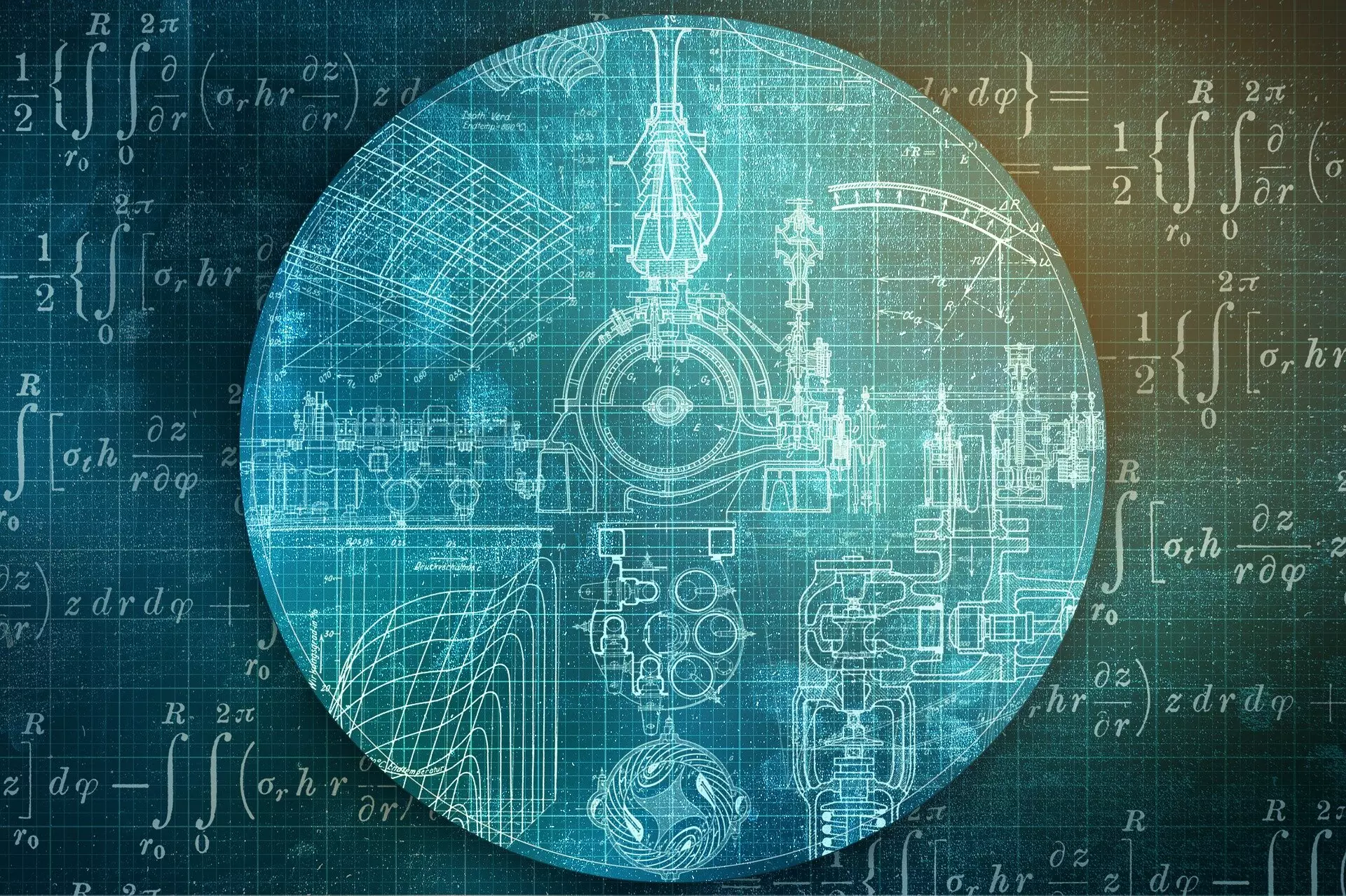The field of artificial intelligence (AI) has been rapidly evolving, especially in the realm of generative models. These machine-learning algorithms have shown great promise in learning patterns from data sets to generate new, similar data. Generative models have been widely used for tasks like image generation and natural language processing, with notable examples like chatGPT showcasing their capabilities.
Despite the success of generative models in various applications, there exists a significant gap in our understanding of their capabilities and limitations. This lack of theoretical foundation can have far-reaching implications on the development and usage of these models. One of the primary challenges lies in effectively sampling from complex data patterns, particularly in the context of high-dimensional and intricate data encountered in modern AI applications.
A recent study led by Florent Krzakala and Lenka Zdeborová at EPFL delves into the efficiency of modern neural network-based generative models. Published in PNAS, the research compares contemporary methods with traditional sampling techniques, focusing on specific probability distributions tied to spin glasses and statistical inference problems.
The scientists investigated various approaches to generative models, including flow-based models that transition from simple to complex data distributions, diffusion-based models that eliminate noise from data, and generative autoregressive neural networks that generate sequential data by predicting each subsequent piece. These models utilize neural networks in unique ways to learn data distributions and create new data instances.
The study utilized a theoretical framework to analyze how well these models sample from known probability distributions. By likening the sampling process to a Bayes optimal denoising problem, the researchers drew parallels between data generation and noise removal. Insights from the world of spin glasses were used to explore how neural network-based generative models navigate intricate data landscapes.
The research compared the performance of modern generative models with traditional algorithms like Monte Carlo Markov Chains and Langevin Dynamics, commonly used for sampling from complex distributions. The study revealed potential challenges faced by diffusion-based methods due to a first-order phase transition in the denoising process.
While traditional methods displayed superiority in certain scenarios, the research highlighted instances where neural network-based models exhibited greater efficiency. This nuanced understanding offers a balanced view of the strengths and limitations of both traditional and contemporary sampling methods.
The findings of this research serve as a guide for developing more robust and efficient generative models in AI. By establishing a clearer theoretical foundation, the study paves the way for next-generation neural networks capable of handling complex data generation tasks with unparalleled efficiency and accuracy.


Leave a Reply